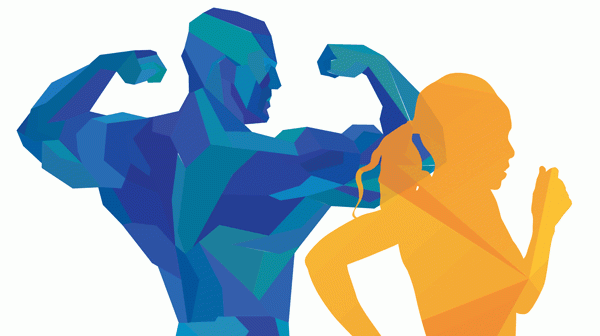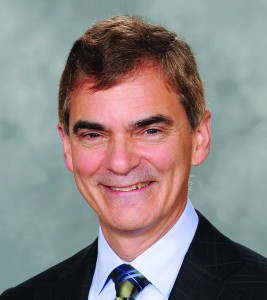
In the early seasons of the TV show ER, Dr. Peter Benton is seen in the lead-in video doing a fist pump after he began an emergency surgery on his own. He had come of age.
I saw that on TV, and I got jealous because I asked myself how often, at the end of my day as I was leaving the emergency department, did I make that move, did I feel and say, “Yes, today was why I became an emergency physician.” More often, my expression was one of relief, “Thank goodness that shift is over.” I started thinking that if 75 percent of the time I did not feel fulfilled and thankful for my day, something was wrong.
In recent published studies, emergency physicians outpace all other physicians in the rate of burnout.1,2 We practice medicine in a highly unpredictable environment with patients and families who did not expect to need our services and who themselves are placed in a bewildering, highly stressful environment. No wonder emergency physicians have difficulty handling all that comes our way.
ACEP is the first national medical specialty to focus on the well-being of its members by creating an Emergency Medicine Wellness Week. We hope to do this annually as a way to remind ourselves that there are steps we can take to remain healthy and connected to what is important. I invite you to participate and lead ACEP in becoming a trailblazer in the house of medicine in preventing burnout, dealing with it when it occurs, and promoting well-being among ourselves and our colleagues.
 Dr. Kaplan is President of ACEP, director of the patient experience for CEP America in Emeryville, California, and a practicing clinician in the emergency department at Marin General Hospital in Greenbrae, California.
Dr. Kaplan is President of ACEP, director of the patient experience for CEP America in Emeryville, California, and a practicing clinician in the emergency department at Marin General Hospital in Greenbrae, California.
ACEP views wellness as so critical to the success of an emergency physician that Emergency Medicine Wellness Week 2016, sponsored by ACEP, will take place Jan. 24–30, 2016. (Learn more about Emergency Medicine Wellness Week Activities.)
As human beings and emergency physicians, we all hope to be well, but wellness is more than just the absence of sickness. Many people and organizations have attempted to define wellness more precisely. The World Health Organization has distilled wellness to “a state of complete physical, mental, and social well-being.”3 The National Wellness Institute sees wellness as an evolving process through which people achieve their full potential.4


 Dr. Kaplan is President of ACEP, director of the patient experience for CEP America in Emeryville, California, and a practicing clinician in the emergency department at Marin General Hospital in Greenbrae, California.
Dr. Kaplan is President of ACEP, director of the patient experience for CEP America in Emeryville, California, and a practicing clinician in the emergency department at Marin General Hospital in Greenbrae, California.



One Response to “Emergency Medicine Wellness Week 2016 to Focus on Self-Care for Emergency Physicians”
January 19, 2016
David L Meyers, MD FACEPVery good piece. I especially like the wheel model. Thanks.